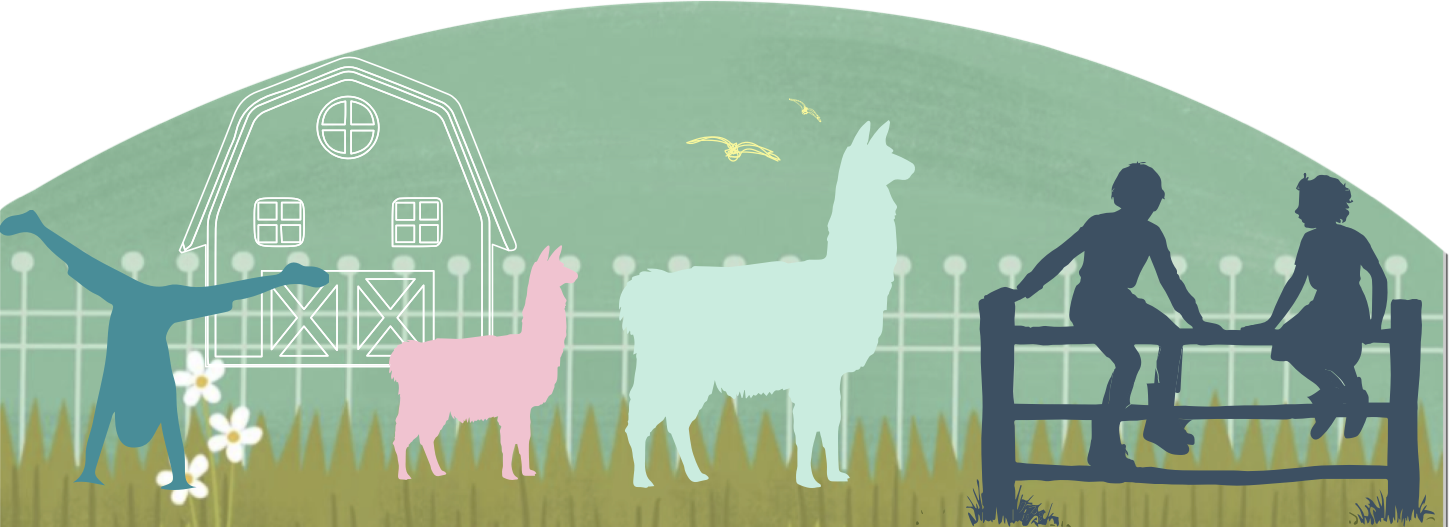Our maximum class size is 18 students, although individual classes may be smaller depending on the dynamics of learning styles within each class. Currently, the local public schools in our area are increasing class sizes to 24-32 students per classroom. At Keystone, it is important to keep class sizes low in order to increase the individualization of the learner.
All Keystone students participate in classes in Physical Education, Art, Computer/Technology, Music and Movement, and the Cog Room.
Keystone philosophy does not put a heavy emphasis on homework in the younger grades, opting instead to encourage reading for pleasure, keeping a journal, or working on special projects with the family or alone. We support occasional homework for children in 2nd grade and up, increasing in time commitment and difficulty, depending on the area of study, the child, and the skills involved.
We do not make homework a standard at Keystone in the early grades for several reasons.
We emphasize that family time is important after a day apart. We want the times with family to be those of rest and restoration, not adding stress with the extension of more deadlines and the pressure of achievement measured by extrinsic testing and arbitrary grading.
We know from research and personal experience that if a child can replicate a process in math, reading, or writing 6-8 times, then that child is applying that process and grasping the concept. It is unnecessary and arbitrary to then assign 30 problems of the same process as homework. Obviously there are exceptions to every rule, but generally that type of homework is wasteful of a child’s mind, time, and spirit.
The recent practice of dumping of inappropriate amounts of homework on elementary school children eliminates the child’s opportunity for time, space, and to experience the benefits of boredom. The opportunity to read for pleasure disappears and gives way to reading for acquiring information that is directly related to a test. Too much of this process destroys the joy of reading and intrudes on pondering, interrupting the imaginative process.
As homework amounts increased, parents often felt pressured to “help” their children by doing their children’s homework, as their exhausted and sleeping child snored next to them. Clearly, this is counterproductive for all concerned and gives a completely inaccurate measurement of what the child is capable or where each is in the process of the skill.
Any time children (or parents) at any age ask for homework, we are happy to provide them with short, age-appropriate assignments that support our “Keystonian” tenets that the process is the reward and that each child’s learning journey is valuable and cannot be compared to another’s. We want the children’s curiosity and love of learning to continue to be piqued, not lose its luster under an overburdened child.
As the children move towards 2nd/3rd and 4th/5th grades, a natural and organic awakening takes place. They begin to notice the world of learning differently and are interested in trying new methods of learning, attempting skills like cursive, and are intrigued by something called “homework.” This partners perfectly with our responsibility to get them ready to transition to middle school.
Teachers will send home individualized homework beginning in grades 2/3, and the amounts will gradually increase appropriately as the children move towards individual goals and certain areas of study. Parents and students can expect regular homework in 4/5 grade. Again, the amounts will be individualized to the child and both the subject matter and goals of the area of study. It is also common for children to bring work home that was not completed in class for a variety of reasons.
For us, the primary goals of homework are to build skills in (1) time management and (2) setting goals/expectations. Used in this way, homework is also a great vehicle for setting a short term, reasonable goal, giving the child the time and space to complete the task, allowing the child to build self-esteem and feel the powerful sense of accomplishment. We also hope that homework can be fun for parents and kids.
The Keystone teachers have yet to find one single program or system that meets the needs of the many diverse learners at any school. The Keystone Team takes time to understand how each child learns and then implements an individualized approach ensuring academic progress for each child.
Learning is a process that is truly individual to each child. Therefore, no school can claim to ensure that a child will accomplish a specific grade level on an autocratic timetable. We commit to creating a learning program that suits your child’s best learning styles and provides him/her with an incredible learning experience. This will ensure that, as your child steps into a middle school program, he/she will find the confidence and skills necessary to succeed.
No. Traditional, one-size-fits-all, conveyor-belt educational settings and paint-by-number teaching can leave diverse learners languishing and labeled. Keystone strives to disrupt the inertia of conventional education by focusing on individuals, not averages; students, not standardization. But, we do regularly assess students in their learning journey, both formally and informally.
Our Assessment Program is driven by data and designed to provide extensive academic support to students. This is integrated into daily classroom activities, as well as in small group and individual instructional sessions. Purposeful evaluations and progress monitoring are implemented to verify skill strengths, identify performance deficits, and track development. Collaboration with student, teacher, and parent generates authentic learning goals that drive the design of activities to engage both the mind and imagination of each student.
Instructional flexibility, data synthesis, and collaboration combine to allow for truly responsive individualized instruction. We have the uncommon capacity to track with students from year to year to continue to respond to their evolving needs. Our assessments continue to evolve, but remain a unique and comprehensive in-school support service. At Keystone, it really could not be done any other way, because our one-of-a-kind learners deserve one-of-a-kind guidance along their path to success.
Yes! As of the spring of 2018, Keystone is an accredited school! We are accredited by AdvancED, now COGNIA, a non-profit, non-partisan organization that conducts rigorous, on-site reviews of a variety of educational institutions to ensure that all learners realize their full potential. Find out more about our accrediting organization by clicking here!
Keystone starts its day at 8:15 am and dismisses at 3:45 pm.
Keystone does not currently offer any before or after school care.
Keystone has added 15 minutes to all of our school days to build in anticipated lost time due to Oklahoma weather. This gives Keystone an additional 10 days of instructional time. Our hope is that we never close school for weather and that this additional time will become an increased value to your child’s learning. However, if conditions become unsafe for travel to and from school, Keystone will cancel for the day and will report that cancellation to the local media.
Keystone has and will continue to follow the Centers for Disease Control and Prevention (CDC Guidelines and Recommendations for schools. Currently, the recommendations are based on the live metric for Oklahoma County. We also updated our ventilation and HVAC systems in 2021 and added additional spaces for hand washing and sanitizing.





